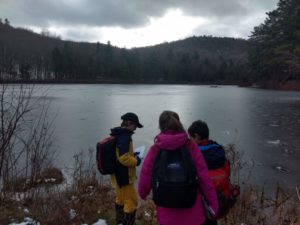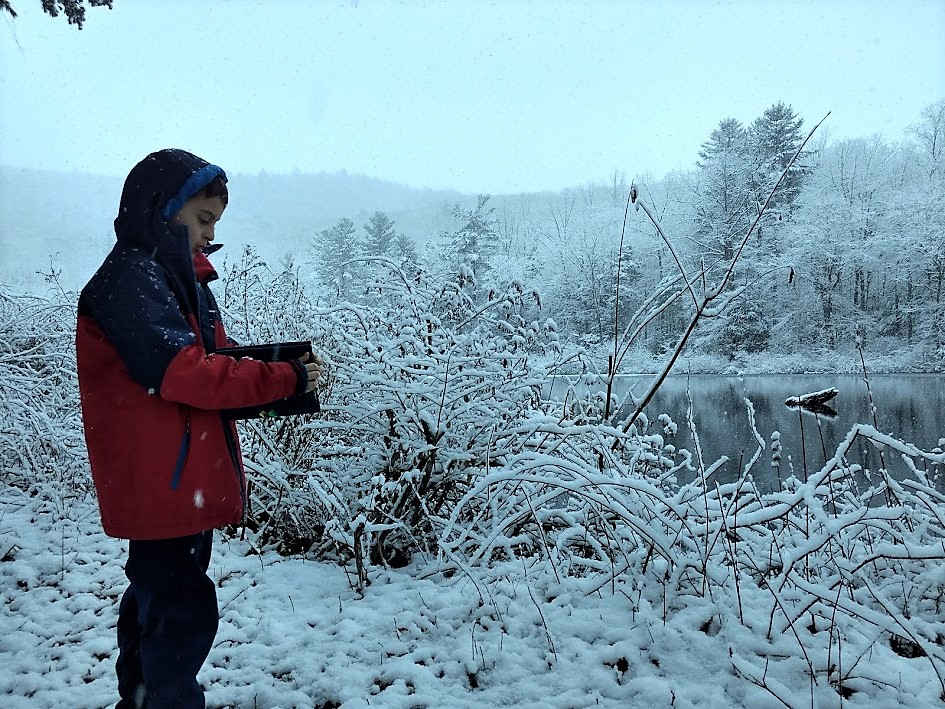 “I’m learning that I need to ‘walk the walk’ at our school. It’s not enough to talk about changing the world – you have to actually do it.” The fifth grader pauses, and then continues, “I realize that we can’t leave it to other people. We need to be the ones to act. And we need to have hope.”
“I’m learning that I need to ‘walk the walk’ at our school. It’s not enough to talk about changing the world – you have to actually do it.” The fifth grader pauses, and then continues, “I realize that we can’t leave it to other people. We need to be the ones to act. And we need to have hope.”
Hope. In Hebrew, tikvah. The word stems from kavah, a cord made of several individual strands twisted together for strength. Hope, like the strands in a cord, bind us to each other, to our obligations, and to our future. It motivates us to try. It is not an abstract or pollyannaish concept but instead, as the psychologist Charles Snyder explains, one that requires the articulation of specific goals, the ability to imagine the paths forward, and the capacity to persevere – even in the face of challenges. As Rabbi Jonathan Sacks explains: “Hope is the belief that we can make things better. Optimism is a passive virtue, hope is an active one. It takes no courage to be an optimist but it does need courage to hope.”
It also takes courage to acknowledge that our future depends on us. “Sometimes we are afraid to grow because we have more responsibilities,” explains a JCDSRI fourth grader. “But we need to push forward and make the world a better place.” Listening to our students contemplate their responsibilities and the role that hope plays in their lives, I am reminded of the words of Marian Wright Edelson, educator and activist: “Education is for improving the lives of others and leaving your community and your world better than you found it.” I am proud that at JCDSRI our students are learning to “walk the walk” and are motivated by hope.
